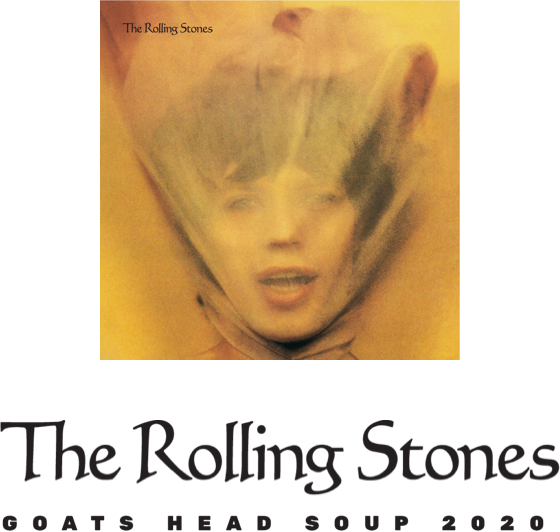

But starting with a superb mix that practically puts you in the middle of the stage, Charlie Watts’ drums ramming into your skull, The Brussels Affair bristles. Many of the band’s post- Get Yer Ya-Ya’s Out! concert records are uninspiring or redundant affairs. Originally released as an authorized Stones bootleg early last decade and resurrected for this box, The Brussels Affair was recorded during their fall 1973 European tour following the release of Goats Head Soup. (“Criss Cross” and “All the Rage,” the other two unearthed, semi-completed rockers from this period, don’t quite catch fire.) Revel in the way Jagger wraps his lips around “call me lazy bones” in a piano demo of “100 Years Ago.” Recorded after the sessions for the album, “Scarlet” is messier than the comparatively clean rockers that made it onto Goats Head Soup credit Jimmy Page, riffing away in the background. The different take of the grinding, now prescient police-shooting tale “Doo Doo Doo Doo Doo (Heartbreaker}” opens with a folkish acoustic guitar, lending it a very different feel. D.” which lets you eavesdrop as the band locks into a groove and jams without Jagger. The alternate mixes of a few of its songs don’t add terribly much, but the same can’t be said of an instrumental jam on “Dancing with Mr.
#THE ROLLING STONES GOATS HEAD SOUP UPGRADE#
Adding to the album’s legacy, let’s not forget that “Waiting on a Friend” was born during the making of this record.Īs with all such deluxe editions, this latest upgrade of Goats Head Soup comes with various sonic flotsam. How many times has that happened with them? Not many, which lends the best parts of Goats Head Soup a mesmerizing mood all its own. And Goats Head Soup has its missteps: The muddled “Can You Feel the Music” doesn’t know what it wants to be, and for songs that supposedly drool over a hooker and a groupie, respectively, the rockers “Silver Train” and “Star Star” feel anemic and not particularly lascivious.īut after ten years of recording, touring and the accompanying excess, the Stones sound burnt out, regretful, melancholic, even at times vulnerable - in other words like human beings, not invincible rock gods. The Stones weren’t supposed to be such Debbie Downers on downers, which surely turned off some people at the time. Richards sounds like he’s practically nodding out as he sings “Coming Down Again,” which he’s acknowledged is about drug use, but the song is the most gorgeous buzzkill you’ll ever hear.

(In the grammatically suspect latter, “The fields has all been brown and fallow/And the springtime take a long way around” sounds like something off a Fairport Convention album.) The dissipated-beauty arrangements match the lyrics nearly note for note. Jagger was rarely as autumnal in mood as he was in “100 Years Ago” and “Winter. By the time the album came out, Jagger had hit 30 and Richards was just a few months away from that milestone, and you can hear the impact of that benchmark throughout Goats Head Soup. Goats Head Soup didn’t - and still doesn’t - sound like what one would have expected from the Stones after Exile. Even then, Exile on Main St. cast a huge shadow. D.”)? Goats Head Soup had those and more, and looking back, the album feels historic: The mixed response it received from fans and critics alike made it appear as if the Stones had gone overnight from the coolest, possibly greatest, rock and roll band to something less than that-just another big, commercial rock act.
A Stones album with a strummed love-song ballad ripe for AM radio (“ Angie”) and a pretty silly song about the demonic underworld (“Dancing with Mr. Only one other new record had come between them, but the implication was clear: that record, Goats Head Soup, was, well, unappetizing. “Their best album since Exile on Main St!” an FM DJ gushed in 1974 when the Rolling Stones released It’s Only Rock ’n Roll.


 0 kommentar(er)
0 kommentar(er)
